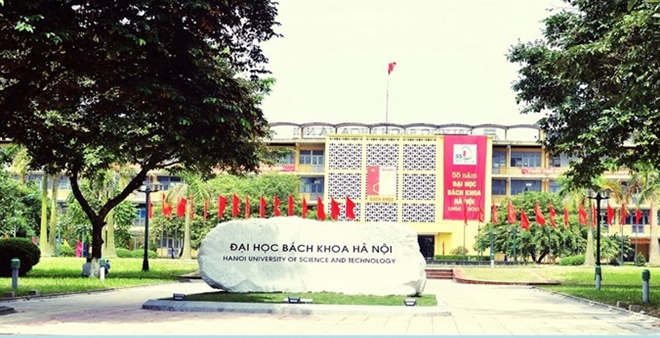Autonomy mechanism granted to Hanoi university
The project aims at reforming its administration towards models of advanced universities in the region and the world, promoting scientific and technological research in accordance with the national development, and expanding international cooperation.
Under the project, the university has autonomous rights and responsibilities for planning, development, training programmes, science, technology, finance, international co-operation and personnel.
 |
| Hanoi University of Science and Technology (HUST) will have the right to use tuition as well as funds from enterprises and the government without asking permission from the Ministry of Education and Training under a pilot project on university autonomy approved by Prime Minister Nguyen Xuan Phuc. —Photo hust.edu.vn |
The autonomy mechanism makes it easier for the university to open new faculties, set up enrolment quotas that match its training capacity, choose teaching methods as well as certificate management.
The university has been allowed to cooperate with training facilities in the country as well as accredited foreign universities and organizations on training and scientific research. It is permitted to publicise information on scientific research activities, organise seminars with domestic and foreign individuals and organisations and provide services in science and technology training, including those ordered by the government.
With financial autonomy, the HUST is given permission to collect higher tuition fees than other public universities without autonomy.
The maximum fee per student for 2016-2017 academic year is VND14 million (US$627), the university said.

